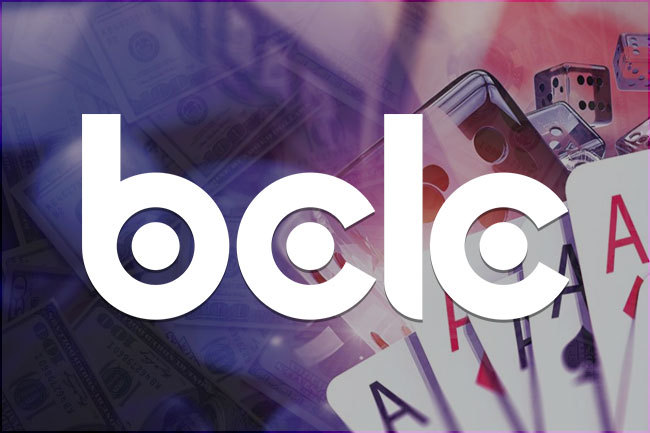Cullen Commission’s investigation into money laundering into British Columbia is far from over with every day surfacing new information on the matter. The latest hearing saw a testimony that the Chair of Board members of the BCLC did not warn the provincial gaming minister about the fact that the Crown corporation is aware of the money laundering activities in B.C. gambling enterprises. But instead focused on competition from non-regulated casinos.

Back in September 2015, former board chair Bud Smith briefed then-liberal Gaming Minister Mike de Jong, of an unregulated casino in Metro Vancouver, and even provided the exact address. The illegal casino, which was later searched by the police authorities, but the site looked long-abandoned. Mr. Smith’s testimony could help the investigation after last week’s statements of BCLC executives who apparently were scared of being blamed for leaking information.
Cash-source Directive

What we previously learned from the inquiry is that on October 1, 2015, Mr. de Jong sent letters to the Crown corporation’s executives, including Mr. Smith, in which requesting them to investigate the suspicious cash transactions. Later, B.C. authorities learned from an RCMP investigation about potential money-laundering activities in Richmond’s River Rock Casino, then the gaming minister order the corporation to trace back the source of cash before allowing it in the casinos.
Last Thursday’s inquiry saw the statements that BCLC’s CEO Jim Lightbody discussed widely on the proposed rule about determining the source of money but the board believed that it would put much of the revenue in jeopardy. And in response to that directive, compliance executive Robert Kroeker wrote a letter with input from Mr. Lightbody to Smith who had to share it with minister de Jong, which stated that the corporation would not consider such measure, since it may scare some high-profile clients away.
Mr. Smith’s Testimony
In his defense, the board chair stated that he never sent such a letter, and insisted that he and Mr. de Jong had met face-to-face to discuss the cash-source directive. Former MLA and B.C. Attorney-General Bud Smith claimed that before meeting the gaming minister, he knew of interrogation of 13 high-rollers at River Rock Casino, who got the cash from an unknown source and later paid the money back to anonymous China banking accounts.
Mr. Smith denied allegations that the corporation’s reluctance to adopt the anti-money-laundering directive since it would harm the industry’s revenue. He supported his claim by stating that de Jong’s proposed measure was not what it seemed when both discussed it in the beforementioned in-person meeting. The board chair also failed to provide any in-writing evidence of the meeting and also had no recollection of the exact date when it took place.
Revenue Loss
BCLC executives could not agree to the anti-money laundering directive in 2015, since the staff considered that this would hurt the Crown corporation’s revenue. The agency’s arguments were that if such a measure is to be implemented that would be the cause of many high-profile gamblers to walk away from the casinos resulting in enormous losses. According to the corporation’s COO Brad Desmarais, many high-rolling players preferred not to declare the source of funds due to cultural reasons.
Not the Best Image
Despite revenue loss, British Columbia gambling executives worried that if the investigation of money laundering in the province’s casinos reaches the media, it would cause severe damage to the industry’s image. Rob Baker former CEO of Great Canadian Gaming and Michael Graydon of Vancouver Edgewater Casino, were among the first ones to voice their concerns on the matter in September 2015.
Source: Cooper, Sam, “BCLC board chair didn’t brief minister on international money-laundering scheme, inquiry hears”, Global News, February 4, 2021



















